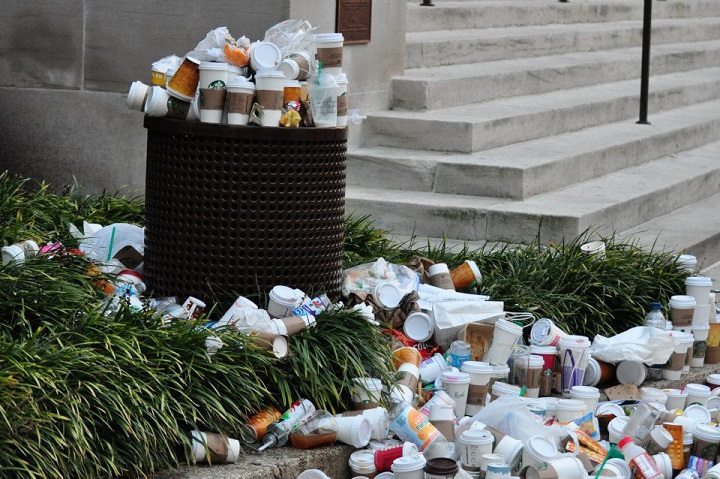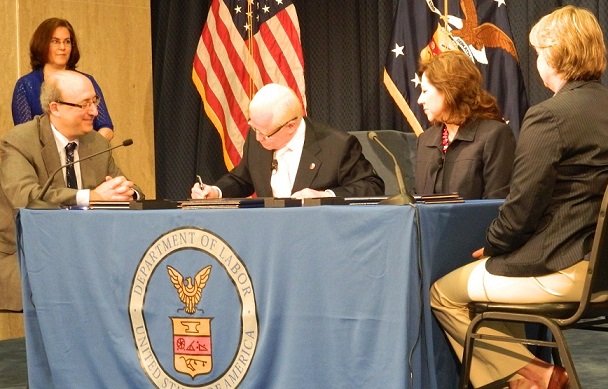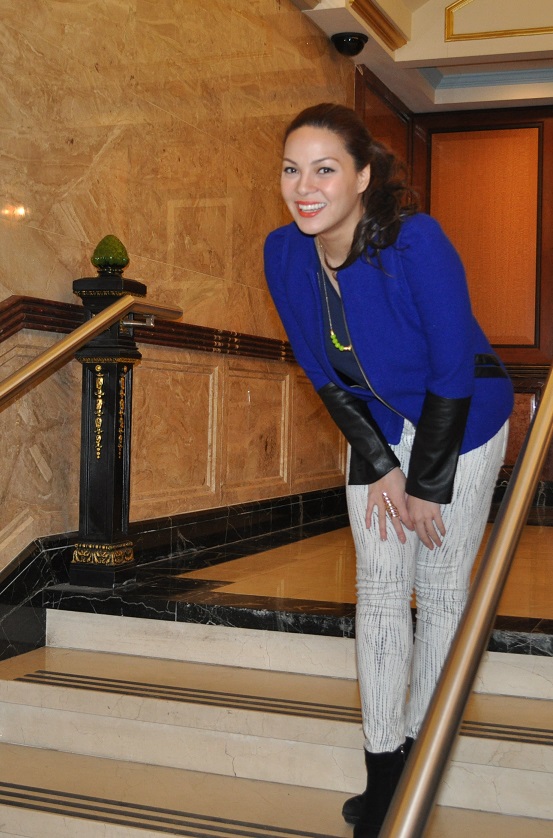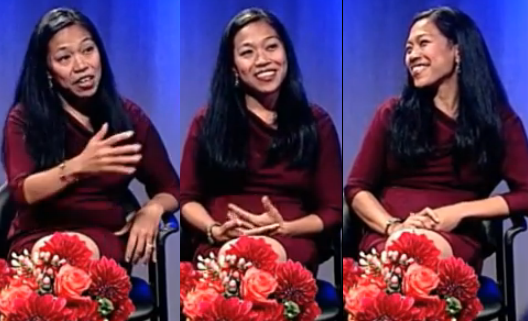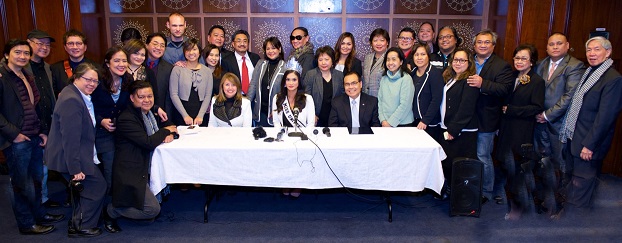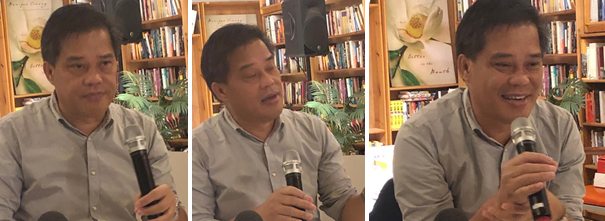The Maria Ressa case and the role of the press we all need to understand
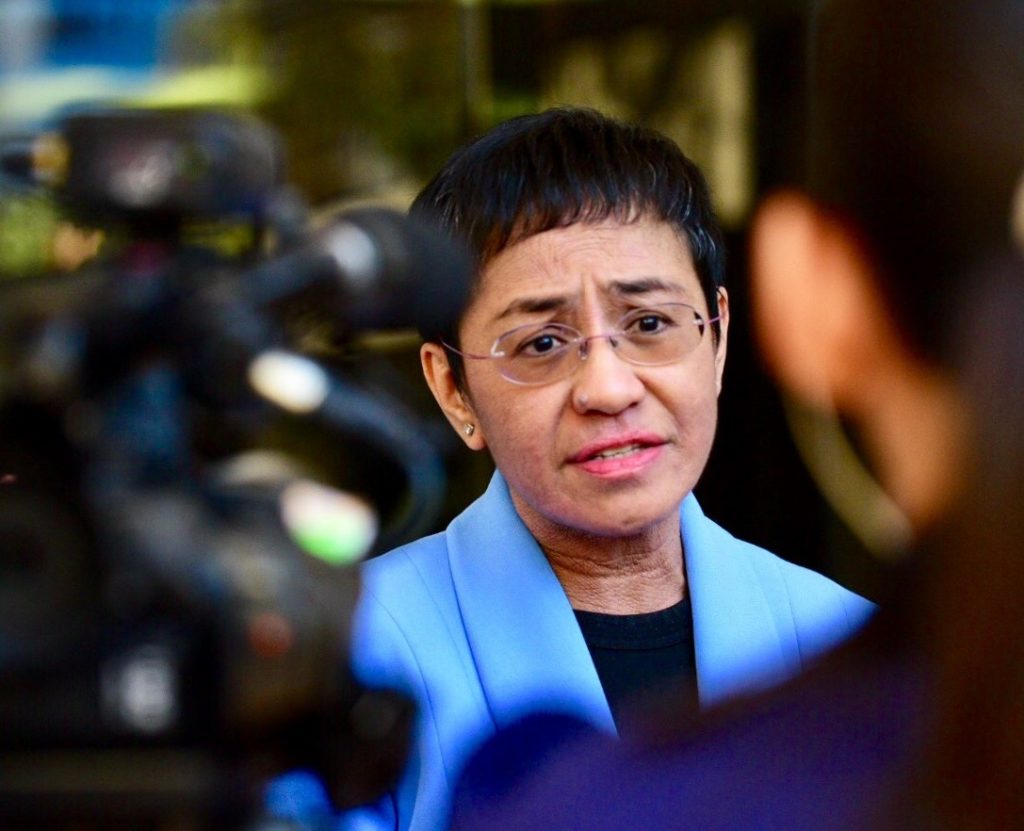
By Cristina DC Pastor
A deafening outcry of “defend press freedom” greeted the guilty verdict slapped on Rappler’s Maria Ressa and co-accused Reynaldo Santos Jr. for supposedly violating the cyber crime law in the Philippines. The uproar came from many sectors that it became like a call to arms sounded by politicians, the Left, showbiz personalities, the Church, ordinary folks and almost everyone who believes that Rappler was wronged by the decision of Manila Regional Trial Court Judge Rainelda Estacio-Montesa.
All well and good.

But from these varied sectors also come some infuriating comments like ‘Why can’t the media write about the good things that government does?’ or ‘Why are corrupt journalists writing about corruption in government?’
The press has one paramount obligation and that is to be society’s watchdog. It is supposed to balance the equation of a powerful government and a powerless citizenry. As an institution, it is supposed to protect the rights of every citizen from abuse by the agents of the state. That the press sometimes gets some facts wrong is not in dispute, but that is not a reason to do away with its vital, critical role in a democracy. An independent press is a guarantor that a country has a democratic society and not one run by a murderous dictator.

Government is supposed to act in a manner that is considered above suspicion and moral. Failing that, the media is supposed to shine a light and report on how the government fell short. That is why the press is traditionally known as the Fourth Estate. As the Executive, the Legislature, and the Judiciary check-and-balance each other, there is the Press that checks on all of them. There is a reason a free press is protected in the constitution – here in the U.S. or in the Philippines. It exists, in the words of a famous decision by the U.S. Supreme Court, to serve the governed, not the governors.
On pure policy reasons alone, the case should have been dismissed. Judge Montesa went through all sorts of legal contortions to justify her conviction of publisher Ressa and writer-researcher Santos, citing reasoning not supported by existing laws. The Duterte government may deny the obvious fact that its desire for authoritarian power was served by the judge’s seriously flawed decision. The decision delivers a blow to a free press and provides further proof of the erosion of the rule of law and respect for institutions in the country.
Corruption in media
There is no question that there are members of the press who by their shameless actions deserve to be in a prison jumpsuit. We’re referring, for example, to the individuals who ran away with millions of pesos from the Department of Tourism and are arrogantly proud of it. It is hard to defend members of the journalism community who are shysters and money-grabbing con artists, who give meaning to the acronym ACDC as: “Attack and Collect, Defend and Collect.”
But society often has a good idea who the corrupt journos are, in the same way that voters are keenly aware who the corrupt politicians are. The retribution comes in the form of shattered credibility and a reputation beyond repair. Unlike politicians who keep getting elected, readers know not to trust reporting by these journalists. Their fellow journalists are aware who are the writers and columnists who have been bought and have grown unnaturally wealthy. Why some publishers continue to keep them as columnists is something that reeks of the mendacity of those owners.
The quality of our press can only be raised by upholding professionals like Ressa and Rappler who believe fervently in living out and exercising their freedom.

© The FilAm 2020


